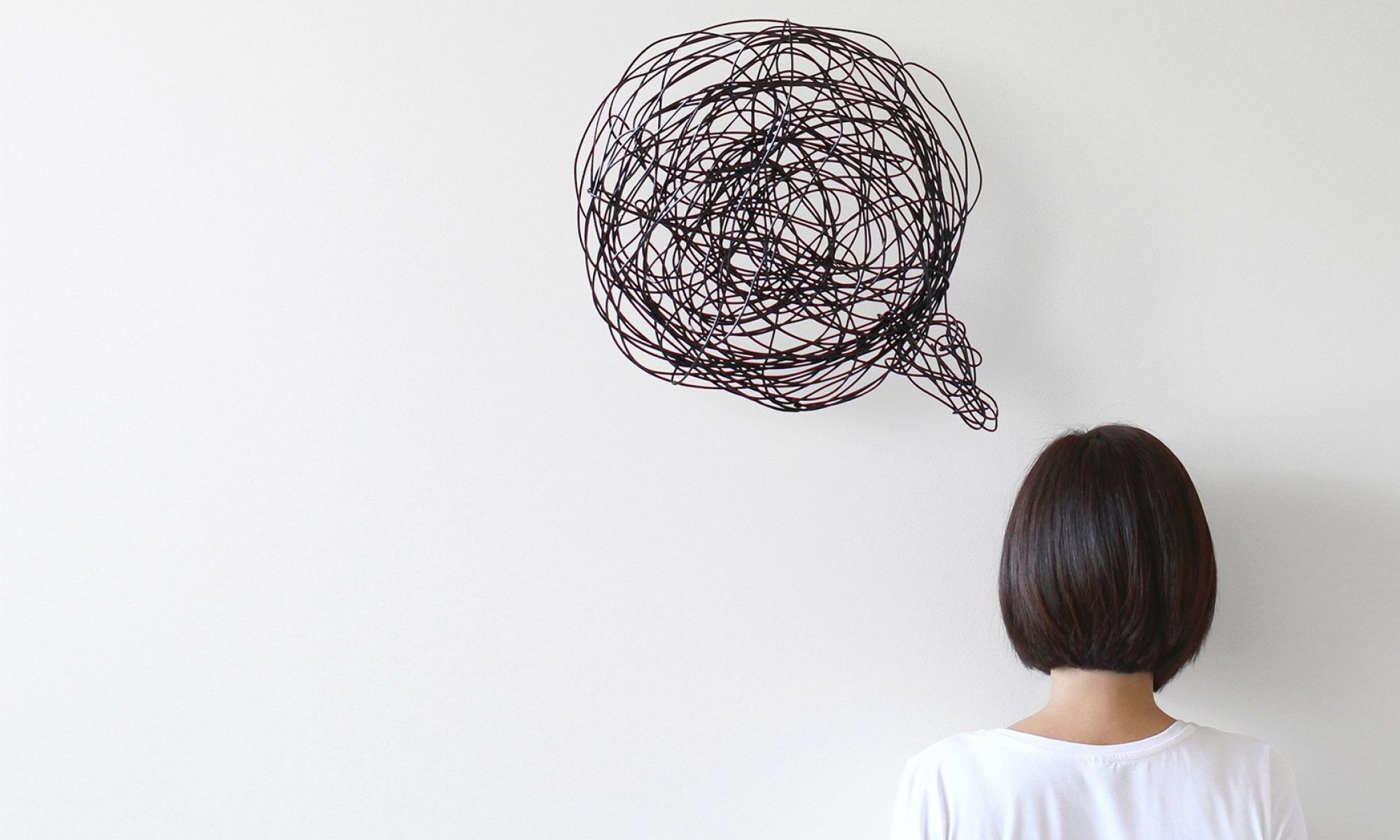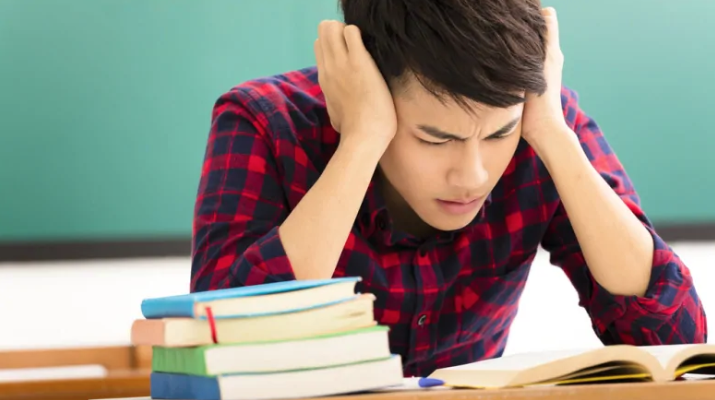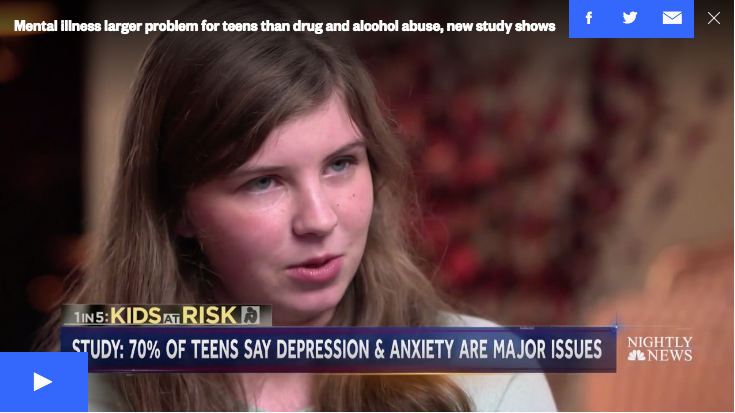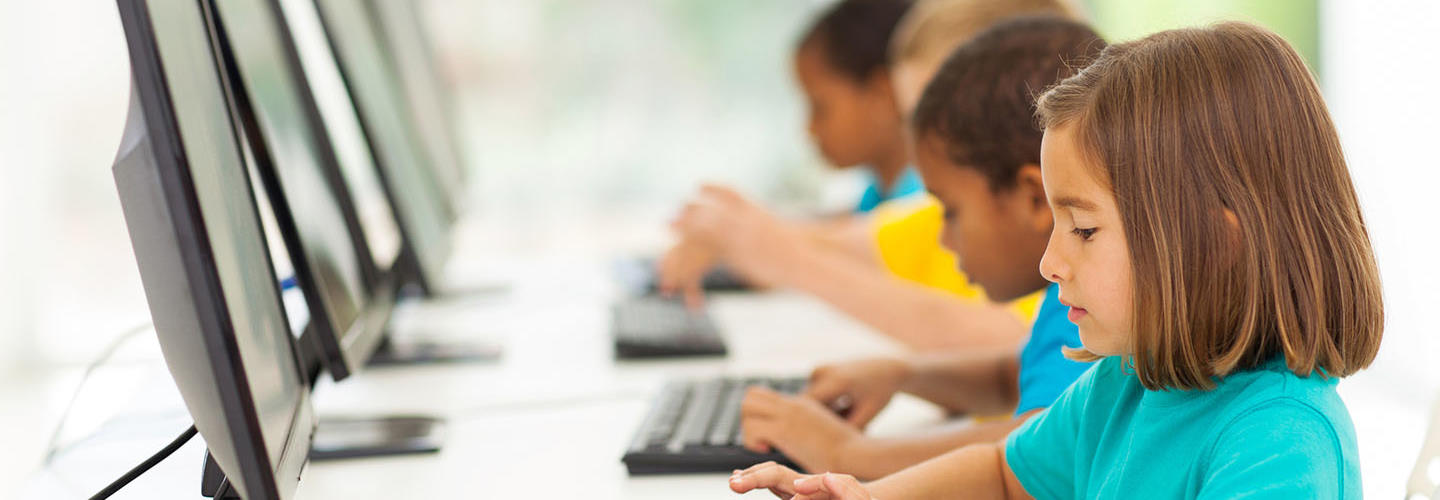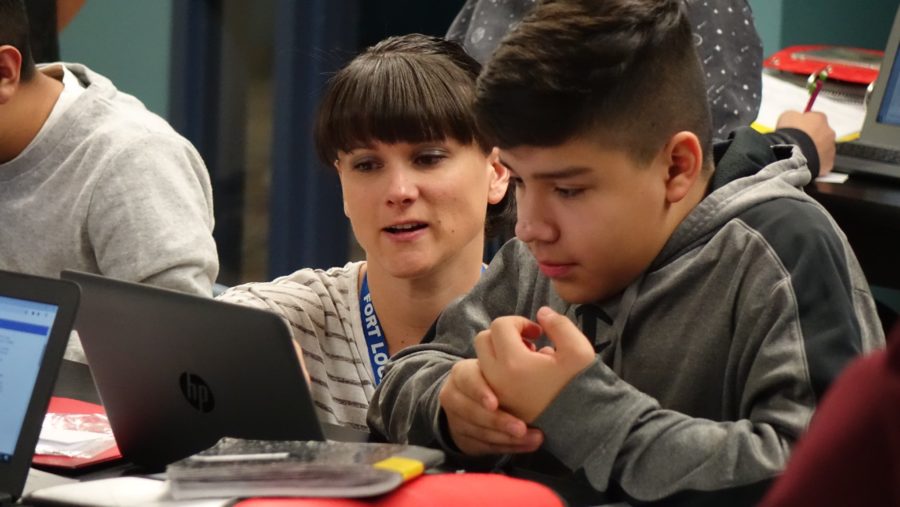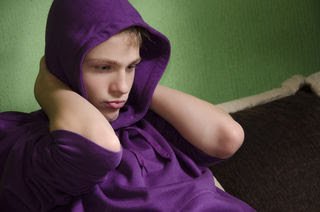COVID-19 is messing with everyone’s mental health. Here are subtle signs it’s affecting yours, plus advice on how to cope.
From Huffington Post by Dominique Astorino
For Zoom video, go to Huffington Post here!
Anxiety is pretty damn sneaky.
In reality, they really do struggle with the mental health problem, he said. Anxiety can be hard to pinpoint or identify because presents in many different ways that may seem unrelated.
This is especially true right now when it comes to the anxiety many of us are feeling due to the coronavirus pandemic. Our lives have been altered in unimaginable and numerous ways, which can trigger the stress hormone cortisol and lead to emotional and physical symptoms.
“Good old fashioned ‘run of the mill’ anxiety is often manifested in ways people don’t associate with anxiety,” said Forrest Talley, a psychologist based in Folsom, California.
Curious how you can spot when that anxiety is coming out? Below, the experts break down the subtle signs to watch for:
1. You’re feeling more tired than usual, even if you don’t do much during the day
If you haven’t had the same gusto each day that you usually do, you’re not alone. Gilliland noted that energy loss is “the most common and confusing side effect of this pandemic, especially for people that are typically active or frequent exercisers.”
“Even if you’re not a ‘morning person,’ you’re definitely not a night person right now,” Gilliland said. “All this stress and worry starts to drain our battery in a hurry and by mid-afternoon, most people are on a slippery slope to the couch or bed.”
2. You aren’t sleeping well
Perhaps you’re tired all the time and you want to sleep, but no dice. Or maybe you do fall asleep, but the quality isn’t great. Blame it on your anxiety. “Insomnia frequently occurs in anxious people,” Talley said.
Rachel Wright, a therapist in New York City, said excess cortisol levels have a negative impact on the quality of rest and ability to fall asleep. To rectify, do what you can to create a nighttime ritual, stick to a consistent bedtime, avoid screens for an hour or so before bed, and limit caffeine intake in the afternoon so you can support your sleep cycle the best you can.
3. You startle easily
We all get startled from time to time, but if you’re more jumpy than usual it’s time to take notice. Your body and brain could be on high alert because of anxiety.
If your anxiety is presenting in tension and hypervigilance, “it doesn’t take much of the unexpected to have us come unwound,” Gilliland said. In other words, the mildest of triggers ― think a falling cup or a closing door ― might set off a larger than usual response.
4. You’re channeling lots of energy into hobbies or activities
Are you baking banana bread like we’re on the precipice of a banana famine? Taking 16 free online courses, and learning two new languages? Fostering a dog, growing tomatoes and strawberries, and sanitizing your house from top to bottom?
Excessive enthusiasm or extreme productivity might be your coping mechanism, or how your anxiety is presenting.
“Some may find that they now tend to focus their mental energies on organizing their schedules, or the house or shopping routines,” Talley said. “The ability to gain control through organizing provides a counterbalance to the sense of having little control over that which makes them anxious.”
This also includes enthusiasm in how you schedule your time, whether it be on Zoom with or in your daily routine. For example, “some people will find themselves inclined to exercise more ― a really healthy way to modulate anxiety ― but simply chalk up their newfound workout intensity to having more time,” Talley said. “Perhaps, but it may also be how they respond to anxiety.”
Make sure you’re taking time to rest and confront anything you may be feeling.
5. You don’t have much interest in anything
On the flip side, “COVID anxiety can appear as apathy,” said Habib Sadeghi, an integrative health expert and author of “The Clarity Cleanse.”
This is because routines that have given us structure and a sense of purpose are now disrupted or gone entirely. “When we can’t follow our routine or do the things that are important to us, like work, go to school, or work out, life can feel meaningless,” Sadeghi said.
The antidote? “It’s important to use this time to create new routines for ourselves and find new interests,” he said. (Just be careful not to fall into the trap mentioned above. There is a balance.)
A loss of interest in some of your favorite activities (which in severe cases is referred to as anhedonia, a symptom of depression) is not out of the ordinary right now ― but it may also be an indicator that you need some professional support.
6. Intense loneliness
“With all bars, restaurants, and other public gathering places closed, COVID anxiety can also manifest as loneliness,” Sadeghi said.
A remedy to this is not necessarily the most ideal option, but it can work: virtual connection. “Be sure you’re reaching out to family and friends over the phone and on live chat video platforms like Zoom,” he said. “Seeing and/or hearing the other person provides a connection that’s more personal and nurturing.”
Talley also attributed this symptom to people withdrawing from their support system due to anxiety. This can have a negative impact on your relationships, which then fuels the cycle further.
7. You’re experiencing reactivation or agitation of other mental health conditions
Coronavirus-related anxiety might compromise progress that you made on other mental health conditions. Sadeghi advised to watch for the reactivation of post-traumatic stress disorder, obsessive-compulsive disorder and depression in particular.
Even if you don’t have a diagnosed mood disorder or mental illness, those cortisol levels can contribute to mood swings or “feeling like you’re on a mood roller coaster,” Wright said.
“A sense of despair, or possible mild depressive symptoms, may crop up,” Talley added. “Most people will not realize that the origins of this sadness have their roots in anxiety.”
It’s super-important to keep tabs on your emotions and ensure you have the right resources to support your mental health. Reach out to your therapist if you have one, and if you don’t try chatting with a professional via teletherapy or another support route. Also, stay on top of any medications you need, journal and take time for yourself. Do whatever you need to do to prioritize your mind.
8. You’re getting more headaches or other physical issues
Talley noted that you may see some physical symptoms that may appear to be all over the map. Think headaches, dizziness, heart palpitations, ulcers, insomnia, rashes, hand tremors, general restlessness and gastrointestinal issues. Keep an eye out for these, and use them as a “check engine light” of sorts. They could be a sign you’re experiencing major anxiety.
9. You get angry or have more frequent outbursts
“For people who feel that some important aspect of life is in danger ― like their health or the health of loved ones ― and that they have little control over the outcome, it is not unusual for them to become angry,” Talley said. “The more one is used to feeling in control, the more likely one is to feel anger.”
This anger may be directed at yourself or at others. You might be overly self-critical about everything you do at work or pick apart your appearance, for example. Or you may find yourself snapping at your partner or getting frustrated with your parents more than usual.
“It is not uncommon for anxiety to cause people to become irritable,” Talley said. “Many who are anxious and irritable during this pandemic will attribute the irritability to the restrictions that have been imposed. In truth, their irritability is also due to their anxiety.”
10. You keep forgetting things
Having trouble staying on top of your to-dos? Forget something you were in the middle of? This is a cognitive symptom of anxiety, Talley said. Your brain is overloaded with stress and may struggle to manage tasks and mental checklists that seemed routine before.
“Some may find themselves more absent-minded and forgetful,” he said. “Their brain is overloaded with anxiety that distracts them, and depletes their ability to concentrate.”
If you’re dealing with any of these issues, reach out for professional support. Leaning on your loved ones is great, but there’s nothing wrong with seeking guided help. You don’t need to be at rock bottom to benefit from therapy.
Other than that, make sure you’re keeping up a healthy routine. That includes getting lots of rest, drinking plenty of water, eating well and regularly, moving your body in any way that feels good, and more. As we said, anxiety is pretty damn sneaky ― but you can tame it.
